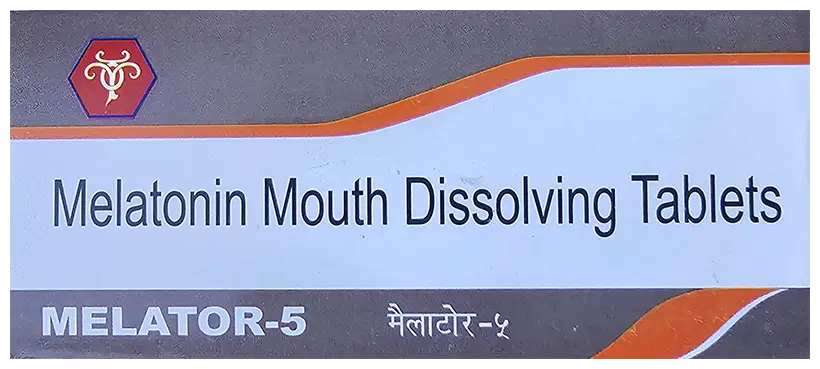Dryness in the mouth after radiotherapy of head and neck cancer
Dryness in the mouth, also known as xerostomia, is a common side effect experienced by patients who undergo radiotherapy for head and neck cancer. This condition can occur due to the damage of salivary glands from radiation treatment, resulting in reduced saliva production. Saliva plays a crucial role in maintaining oral health, as it helps to keep the mouth moist, break down food, and protect against infections.
Dry mouth can lead to several oral health issues, such as difficulty in swallowing, speaking, and tasting food. Additionally, it can cause dental problems like tooth decay, gum disease, and bad breath. To alleviate the discomfort and maintain oral hygiene, a variety of medications and oral care products are available.
Medications:
Saliva substitutes: These over-the-counter products mimic natural saliva and can provide temporary relief from dry mouth symptoms. They come in the form of sprays, gels, and mouthwashes.
Saliva stimulants: Some medications can stimulate saliva production, helping to alleviate dry mouth. These medications may be prescribed by your healthcare provider and can be in the form of tablets, capsules, or lozenges.
Artificial saliva: Prescription-strength artificial saliva can be recommended by your healthcare provider to help lubricate the mouth and provide relief from dryness.
Oral care products: Using specific oral care products, such as fluoride toothpaste, alcohol-free mouthwashes, and sugar-free gum or lozenges, can help maintain oral hygiene and prevent dental problems associated with dry mouth.
Consult with your healthcare provider or dental professional for personalized recommendations and treatment plans to manage dry mouth after radiotherapy for head and neck cancer.

Showing 13–24 of 29 results
Showing 13–24 of 29 results





